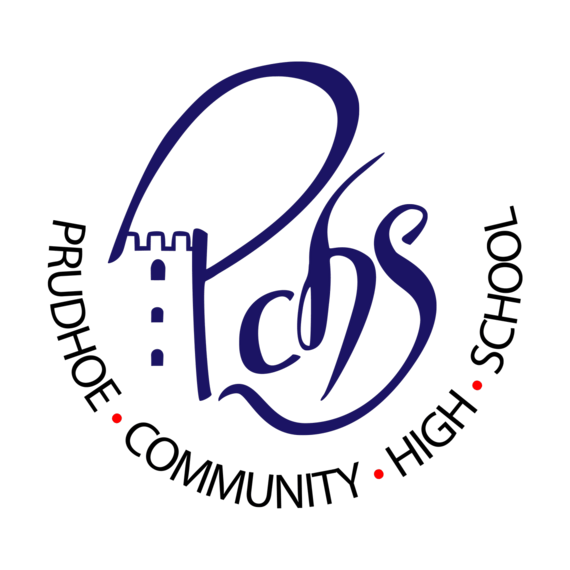About the department
English is a key subject in the school curriculum. We believe it is essential to the development of pupils as individuals and as members of society. It is an enriching and satisfying subject in its own right as well as a tool and a channel of learning in all subjects for all pupils. We will strive to equip students throughout the key stages with the skills necessary to be successful readers, writers, speakers and listeners for life.
At Key Stage 3
The rationale for the KS3 curriculum in Key Stage 3 English is clearly centred around the skills and knowledge the students will need to progress smoothly and confidently into KS4 GCSE English Literature and Language. As an English Department, everything we do is geared towards developing the literacy of our students.
GCSE English Language
Our GCSE English Language course is designed to enable students to:
- read a wide range of texts fluently and with good understanding
- read critically and use the knowledge gained from wide reading to inform and improve their own writing
- write effectively and coherently using Standard English appropriately
- use grammar correctly, punctuate and spell accurately
- acquire and apply a wide vocabulary alongside knowledge and understanding of grammatical terminology, and linguistic conventions for reading, writing and spoken language
- listen to and understand spoken language, and use spoken Standard English effectively. Spoken language is reported as a separate grade on the student’s certificate.
GCSE English Literature
Our GCSE English Literature course is designed to enable students to:
- read a wide range of classic literature fluently and with good understanding, and make connections across their reading
- read in depth, critically and evaluatively, so that they are able to discuss and explain their understanding and ideas
- develop the habit of reading widely and often
- appreciate the depth and power of the English literary heritage
- write accurately, effectively and analytically about their reading, using Standard English
- acquire and use a wide vocabulary, including grammatical terminology, and other literary and linguistic terms they need to criticise and analyse what they read.
At Key Stage 4
The Key Stage 4 curriculum prepares students for A Level English Language, A Level English Literature, the working world or further advanced study, by focusing and building on key skills of reading, writing and speaking effectively.
A Level English Language
The A Level English Language course enables students to:
- develop and apply their understanding of the concepts and methods appropriate for the analysis and study of language
- explore data and examples of language in use
- engage creatively and critically with a varied programme for the study of English
- develop their skills as producers and interpreters of language
- independently investigate language in use.
The A level English Language curriculum allows students to study a wide range of texts and genres to gain a solid understanding of how texts can be connected and how they can be interpreted in multiple ways, in order that students can arrive at their own interpretations and become confident autonomous readers. This provides an excellent basis for further study of the subject.
The NEA component provides opportunities for students to pursue their own areas of interest and to develop personal and independent learning skills. This includes writing creatively in a genre of their choice, showing how they can adapt to the demands of different purposes and audiences within that genre. The Commentary they produce on their two written pieces provides the link between the analytical writing students do in the other units and their ability to be objective about their own writing.
A Level English Literature
The A level English Literature curriculum allows students to study texts within literary genres to gain a solid understanding of how texts can be connected and how they can be interpreted in multiple ways, in order that students can arrive at their own interpretations and become confident autonomous readers. This provides an excellent basis for further study of the subject.
Students focus on texts connected to the genre of Tragedy and the genre of Political and Social Protest writing.
The NEA component provides opportunities for students to pursue their own areas of interest and to develop personal and independent learning skills. This includes writing creatively through the re-creative option. Through the integration of the Critical Anthology with the NEA, students are able to explore some of the critical and theoretical approaches which inform and illuminate their own reading of texts.
The Key Stage 5 curriculum prepares students for Higher Education or the workplace by developing skills of prioritising, analysis, evaluation, reasoning, judgement, empathy and encouraging independence and independent thought.
Links to key documents
Details of our curriculum plans across all key stages can be found here:
Year-9-English
Year-10-English-Language
Year-10-English-Literature
Year-11-English-Language
Year-11-English-Literature
Year-12-English-Language
Year-13-English-Language


